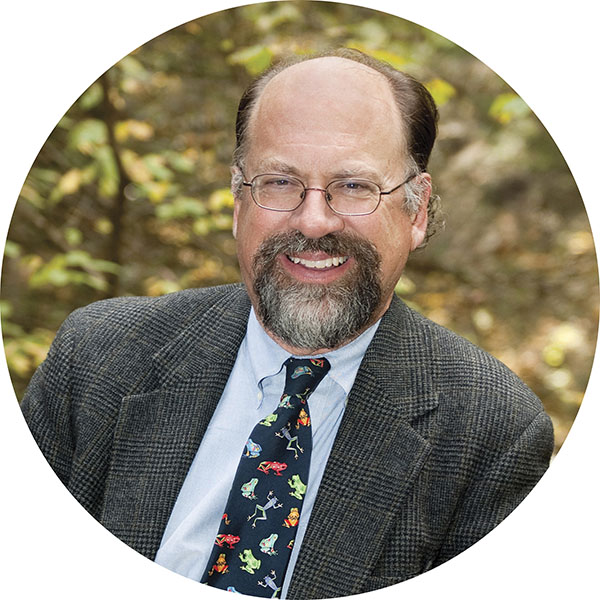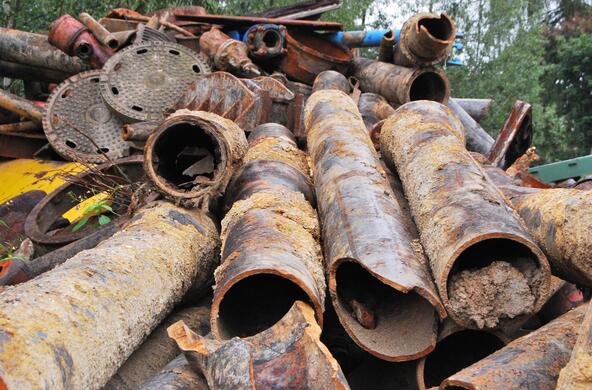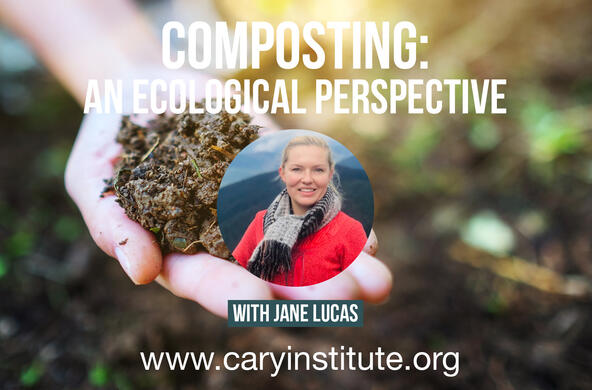It is well established that environmental impact is determined by the number of people on the planet multiplied by their resource demands. Both factors contribute to total impact, roughly in a 1-to-2 ratio. Every day, we hear about reducing our resource demand—driving fuel efficient vehicles, eating less meat, and not watering your lawn. Nevertheless, for citizens in the developed world, deciding to have one less child reduces the emissions of greenhouse gases to the atmosphere about 20-fold compared to deciding not to own a car.
Advocates on the population side of the argument are curiously silent. This silence may stem from the Judeo-Christian ethic to be fruitful and multiply, from our roots in Darwinian evolution to maximize reproductive fitness, from a fear that Uncle Sam may pull open the window shades and peer into our bedroom, or from the inherent pleasure that young children bring to many parents. This silence seems destined to increase our environmental impact on a finite planet and thus make life miserable for a vast number of people.
Currently the world population is increasing at a rate of approximately 1.1 %/year, projected to carry us to 10 billion fellows by mid-century. Those who are silent on the problem of population growth like to point out that the rate of growth has slowed dramatically recent years, ignoring the fact that any rate above zero increases the total number of people. Each year the Earth adds 80 million more people—equivalent to adding a new Germany or two Californias to our resource demands. Roads and land clearance for housing progressively reduce natural habitat.
Population growth is not just a third-world problem—it’s a global problem. Population displacements from climate disruption, poverty, and conflict are likely to cause mass movements of people worldwide. Solving the problem is about the empowerment of women globally through education, opportunity, and access to family-planning options.
Solving the problem starts at home. We should speak out against the beliefs that allow children to increase the number of exemptions on IRS form 1040, that economic growth will be stymied without a growing number of consumers, and that a younger working generation is the only way to support Social Security for the rest of us.
I would argue that reliance on population growth is a hollow and blunt instrument to ensure economic growth, relative to innovation and improved efficiency that can ensure a better life for all by reducing our use of the Earth’s resources. Environmental scientists cannot be silent on this issue any longer. We will not see a sustainable biosphere with a rising human population.
Remember, the child that is not born has no environmental impact.
References
Ehrlich, P.R. and J.P. Holdren. 1971. Impact of population growth. Science 171: 1212-1217.
Schlesinger, W.H. 2015a. A modest proposal.
Schlesinger, W.H. 2015b. Sustainability-not
White, L. 1967. The historical roots of our ecologic crisis. Science 155: 1203-1207.






